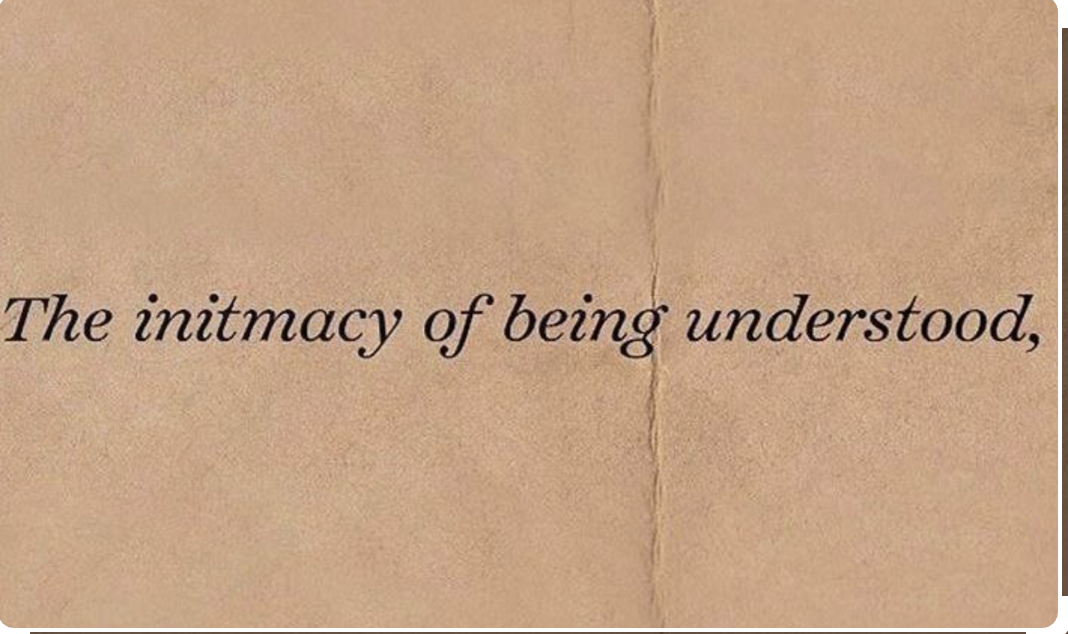
Yuval Noah Harari, historian and author of the bestselling book Sapiens: A Brief History of Humankind, poses a provocative question: What are some arguments for and against a future in which humans no longer have relationships with other humans and only have relationships with AI? At first glance, it feels like an abstract, distant scenario — something plucked from the pages of science fiction. But when you think about it, are we really so far from this reality?
Technology already shapes how we connect, mediating our relationships through screens, algorithms, and virtual spaces. Harari’s question isn’t about a hypothetical future — it’s about recognising the trajectory we’re already on. And his perspective forces us to consider: what would it mean for human intimacy if AI became our primary source of understanding and connection?
In one of his talks, Harari points to a deep human truth: we all long to be understood. We want the people in our lives — partners, parents, friends — to truly see and hear us. But people, by their very nature, are fallible. They bring their own emotions, distractions, and biases into every interaction. Harari argues that AI, unburdened by feelings, might succeed where we so often fail. It could devote itself entirely to understanding us.
And yet, even as the audience laughs at his example, a quiet discomfort lingers. Could a machine ever replace the nuanced, imperfect beauty of human connection? Would we even want it to?
We often mistake connection for communication and proximity for intimacy. But true intimacy isn’t about how often we speak or how physically close we are. It’s about being deeply understood. It’s in those rare moments when someone listens — not just to our words, but to what lies beneath them. When they see us as we are, without judgement or expectation, we feel a connection that transcends explanation. This kind of intimacy is rare, and perhaps that’s what makes it so powerful.
And this is where Harari’s vision of AI meets the reality of human connection. AI could, in theory, analyse us with precision, understanding our feelings and mirroring them back to us. But intimacy is not just about being understood; it’s about the bravery of vulnerability. It’s about two imperfect people meeting each other in the messy, unpredictable space of human connection. True intimacy is not calculated; it’s courageous.
In a world increasingly shaped by algorithms, it’s worth remembering that intimacy often surprises us in the least expected places. A friend who listens without the need to fix us. A stranger who meets our vulnerability with kindness. Even a moment of quiet in nature, where we feel deeply connected to something larger than ourselves. These moments remind us that intimacy isn’t just about human relationships — it’s a thread that ties us to the whole of existence.
Ultimately, Harari’s question isn’t just about the rise of AI — it’s about what it reveals about us. Our need for connection. Our fear of vulnerability. And our willingness to trade the richness of human intimacy for the convenience of technological understanding. Intimacy, true intimacy, is not something we receive; it’s something we co-create. It’s the quiet magic of seeing and being seen, listening and being heard. It’s the one thing AI, for all its brilliance, can never truly replicate. And that, perhaps, is what makes it sacred.
P.S. Have you noticed the spelling mistake in the picture of this article? After all, being “understood” means embracing our mistakes too, doesn’t it?


